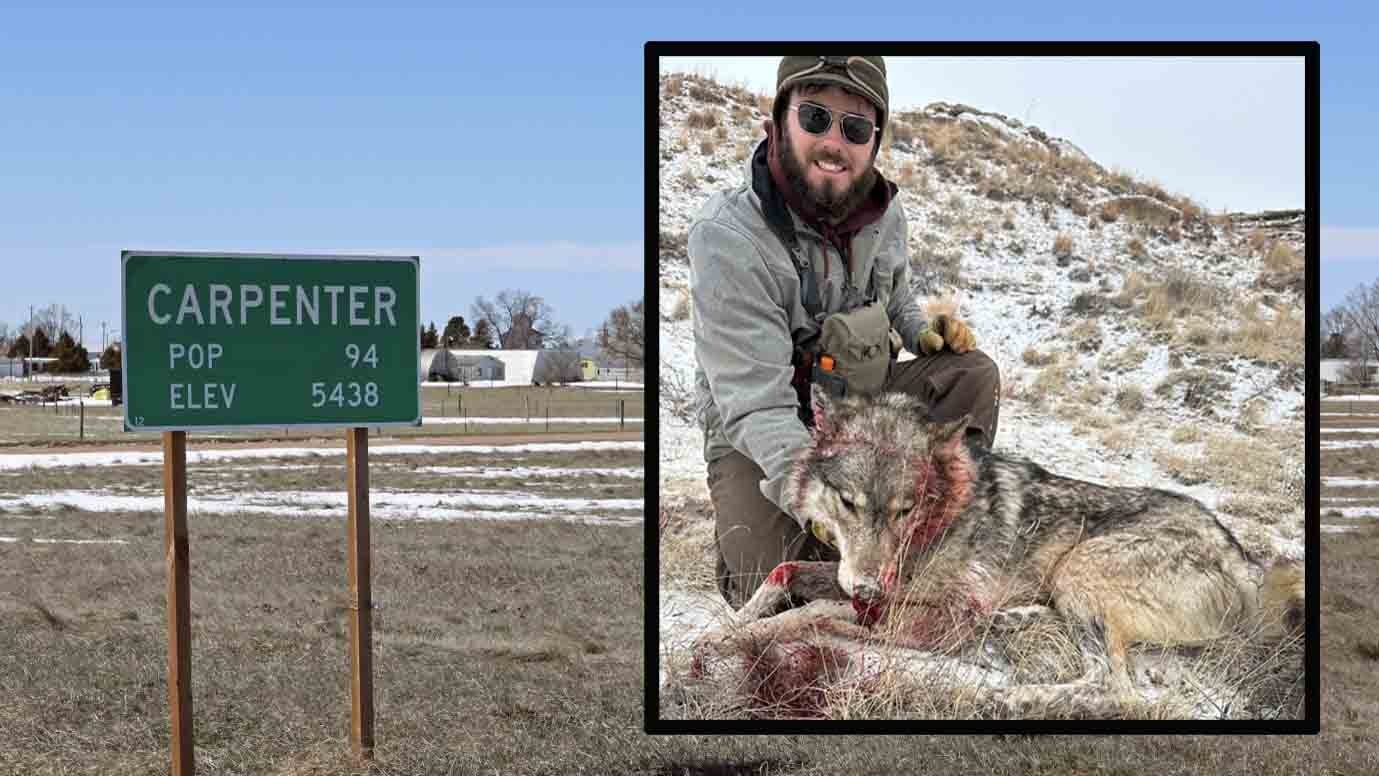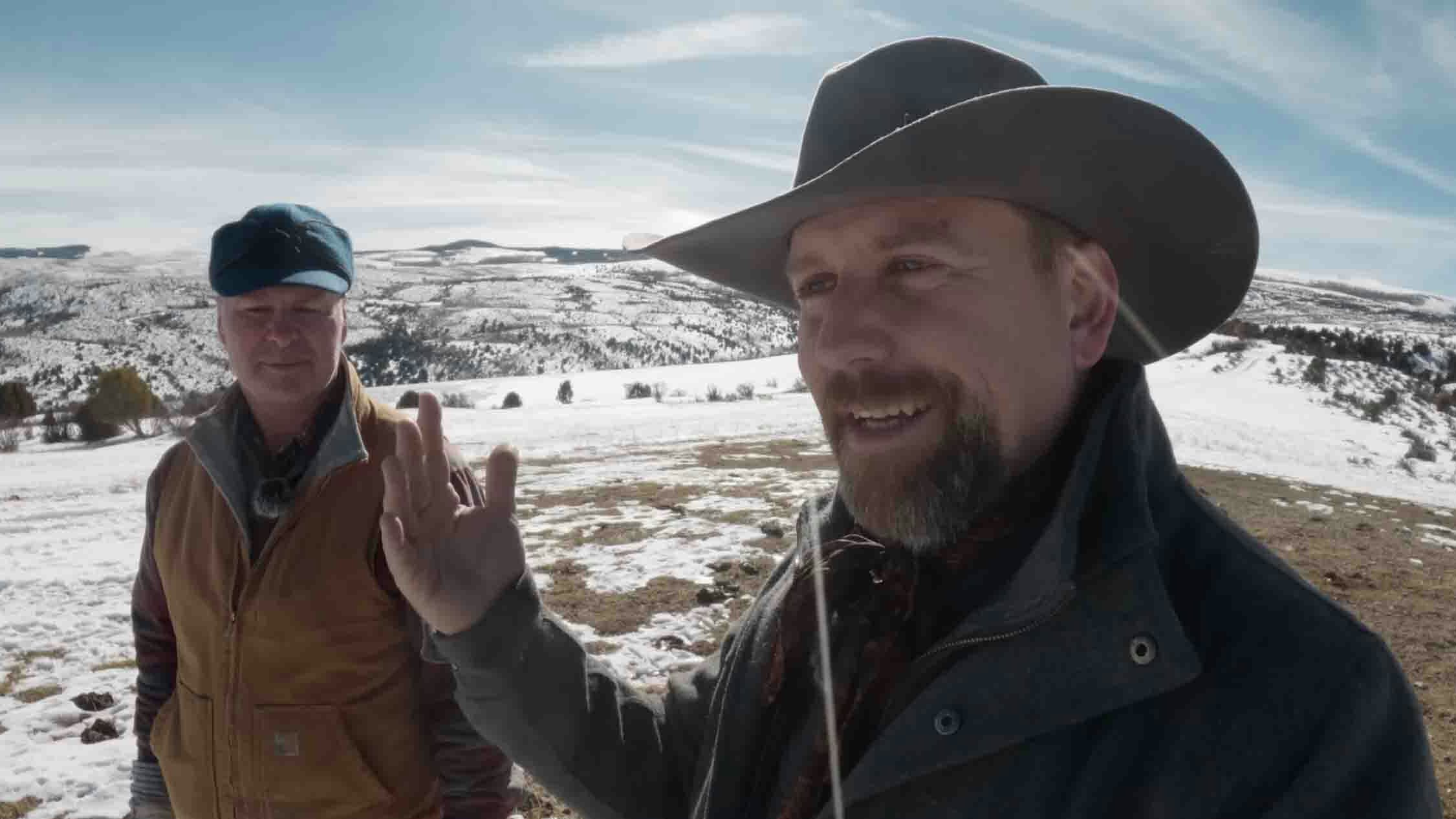Things ended badly for a Montana man who used “Jurassic Park”-like hybridization to create supersized bighorn sheepas he was sentenced this week to prison time and fined $20,000.
Arthur “Jack” Schubarth, 81, of Vaughn, Montana, was sentenced Monday in Federal District Court to six months in prison and fined $20,000, according to court records. He was also ordered to pay $4,000 to the National Fish and Wildlife Foundation.
He will be allowed to serve his prison sentence by self-reporting to a federal Bureau of Prisons medical facility.
In March, Schubarth had pleaded guilty to two felony wildlife charges, conspiracy to violate the Lacey Act and substantively violating the Lacey Act. The Lacey Act prohibits interstate trade in wildlife that has been taken, possessed, transported or sold in violation of federal or state law.
The sentence was harsh, but fitting, Katie Cheesbrough, Executive Director Wyoming Wild Sheep Foundation, told Cowboy State Daily.
“I hate that he’s 81 and he’s going to prison” but the sentence should send a message that wild sheep genetics shouldn’t be tampered with, she said.
Native Rocky Mountain bighorn sheep are already struggling across Wyoming and the West. And if hybrid genes contaminated the wild population, it would be devastating, she said.
Genetics From Asia
For years, Schubarth and five others were involved in an elaborate scheme that involved harvesting genetic material from Asiatic Marco Polo Argali sheep. Marco Polos are the world’s largest wild sheep species, known for their gigantic, curled horns.
The co-conspirators weren’t named in court documents. As part of his plea agreement, Schubarth might be called to testify against them.
Schubarth owns Sun River Enterprises, a 215-acre “alternative livestock” ranch near Vaughn, Montana. The ranch buys, sells and breeds animals such as mountain sheep and mountain goats.
From 2013-2021 he and the others used illegally-obtained Marco Polo sheep parts to created larger hybrid sheep. They profited by selling those hybrids to private shooting preserves, according to the Department of Justice.
According to accounts of the scheme, Schubarth sent genetic material from the Marco Polo sheep parts to labs. The labs created cloned embryos, which were implanted in bighorn ewes on his ranch.
One of them gave birth to a genetically pure Marco Polo that he named “Montana Mountain King (MMK).” MMK’s sperm was then used to inseminate various other species of wild sheep ewes, producing the huge mutants.
Genetic Time Bomb
Genetic manipulation like Schubarth and his associates were tinkering with could have catastrophic consequences, Cheesbrough said.
“If one of those hybrid sheep got loose and was able to breed with the native population,” there’s no telling where it could end, she said.
“I think it’s a very dangerous practice,” she added.
Conservationists will sometimes boost bighorn with genetic exchange between herds, by relocating sheep to mate between otherwise isolated populations, Cheesbrough said. But that isn’t anything remotely like introducing hybrids with genetics from another continent.
“Bighorn sheep are not doing well across the West, and we have taken sheep from certain areas and put them in other areas. But those sheep are the same species,” she said.
‘Wyoming’s Bighorns Have Enough Challenges’
Bighorn sheep have enough problems, even without the threat huge hybrids driving them out.
They struggle with disease – such as persistent pneumonia among the prized “Ramland” herd near Lander.
They’re also losing habitat in some places, and invasive plant species – such as cheatgrass – ruin their forage, Cheesbrough said.
Hybrids, like any potential wayward children of MMK, would probably be just too much, she said.
“I think Wyoming’s bighorn have enough challenges right now,” she said. “We want our native wildlife to remain native.”
Mark Heinz can be reached at mark@cowboystatedaily.com.





